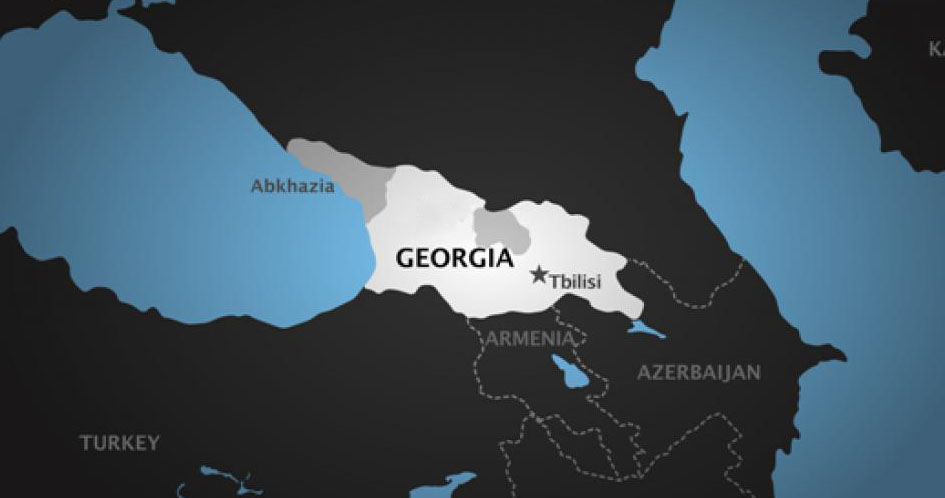Since the early 21st century visible positive developments have been observed in the economy of Georgia. Georgia is becoming more integrated into the global trading network: Georgia’s main imports are natural gas, oil products, machinery and parts, and transport equipment.
Tourism is an increasingly significant part of the Georgian economy. According to the government, there are 103 resorts in different climatic zones in Georgia. Tourist attractions include more than 2000 mineral springs, over 12,000 historical and cultural monuments.
Georgia is developing into an international transport corridor through Batumi and Poti ports, an oil pipeline from Baku through Tbilisi toCeyhan, the Baku-Tbilisi-Ceyhan pipeline (BTC) and a parallel gas pipeline, the South Caucasus Pipeline.
In regards to telecommunication infrastructure, Georgia is ranked second to last among its bordering neighbors in the World Economic Forum’s Network Readiness Index (NRI) – an indicator for determining the development level of a country’s information and communication technologies.
Georgia’s main economic activities include cultivation of agricultural products such as grapes, citrus fruits, and hazelnuts; mining of manganese, copper, and gold; and producing alcoholic and nonalcoholic beverages, metals, machinery, and chemicals in small-scale industries. The country imports nearly all of its needed supplies of natural gas and oil products. It has sizeable hydropower capacity that now

